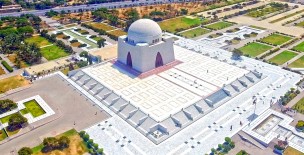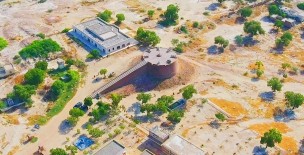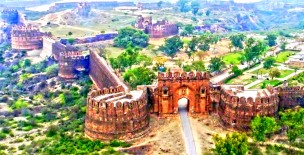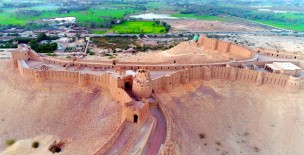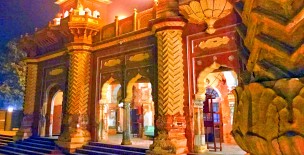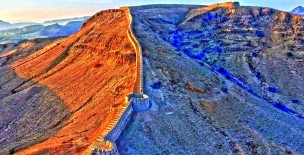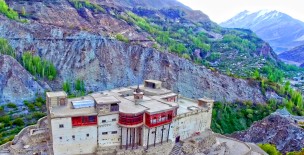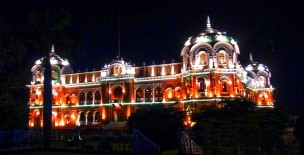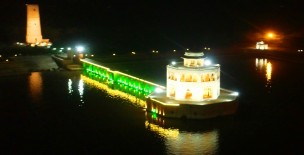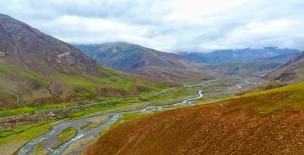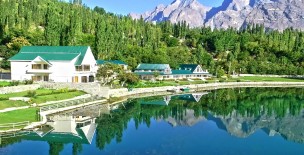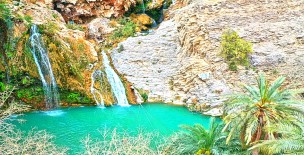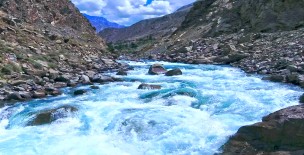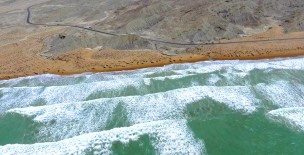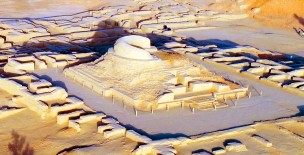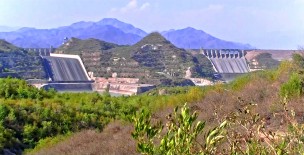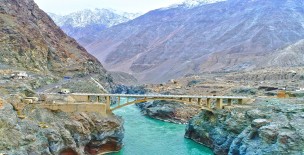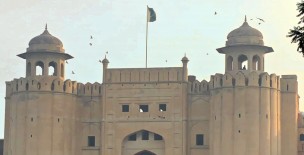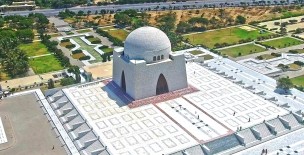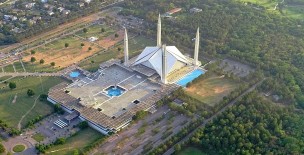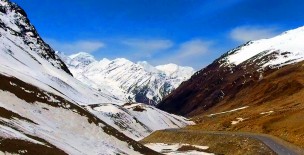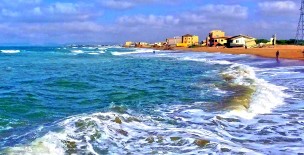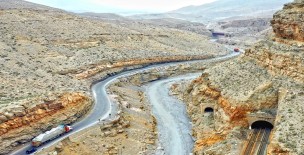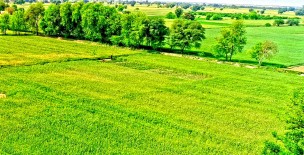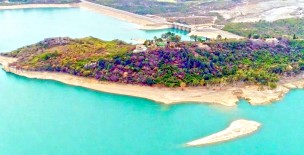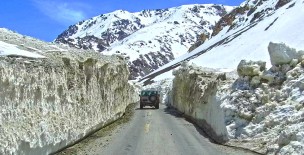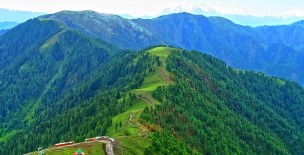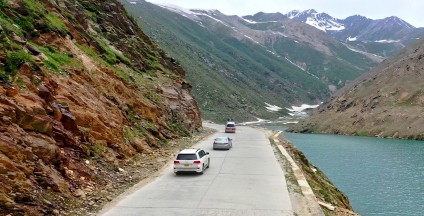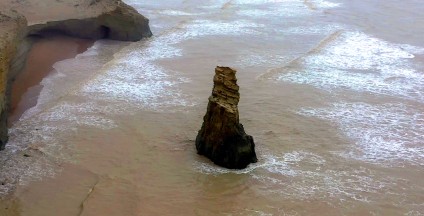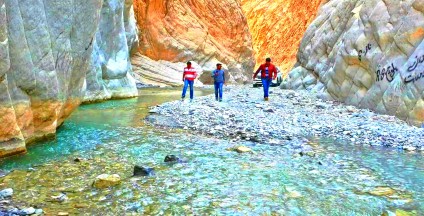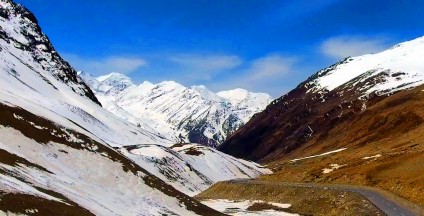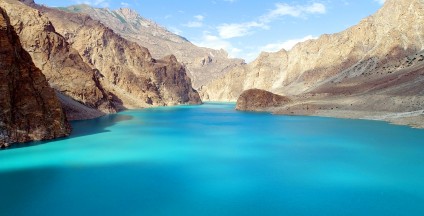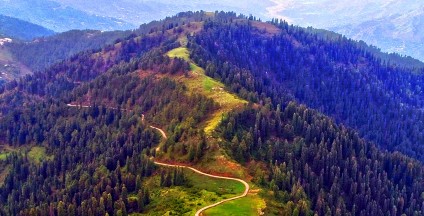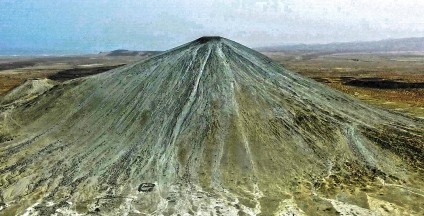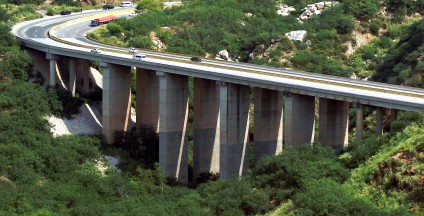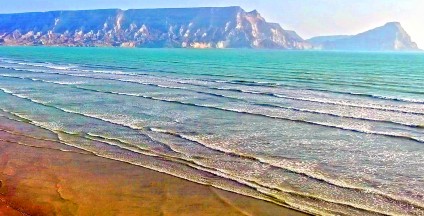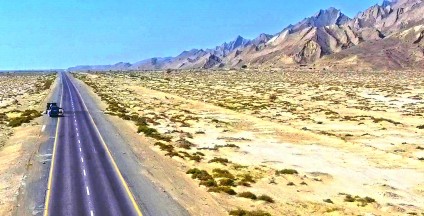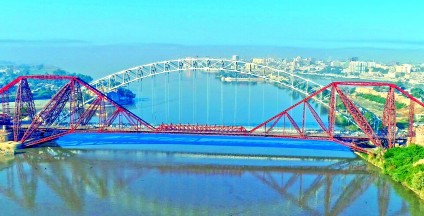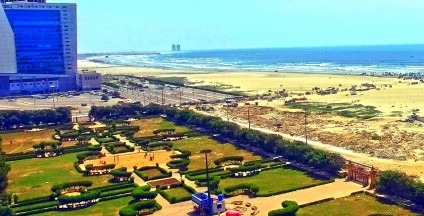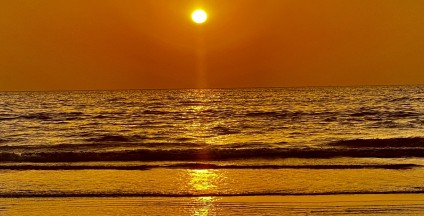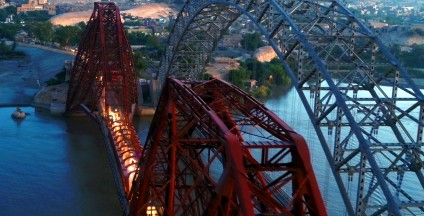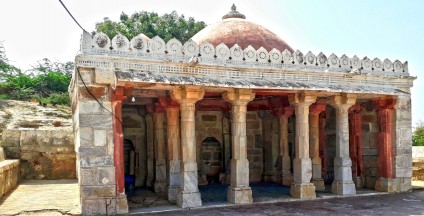Hunza is a mountainous valley in the Gilgit-Baltistan region of Pakistan.
Hunza is situated in the extreme northern part of Pakistan, bordering with the Wakhan Corridor of Afghanistan and the Xinjiang region of China.
Hunza was formerly a princely state bordering Uyghurstan also called Xinjiang (autonomous region of China) to the northeast and Pamir to the northwest, which survived until 1974, when it was finally dissolved by Zulfikar Ali Bhutto.
The state bordered the Gilgit Agency to the south and the former princely state of Nagar to the east.
The state capital was the town of Baltit (also known as Karimabad); another old settlement is Ganish Village which means ancient god "Ganesh village.
Hunza was an independent principality for more than 900 years, until the British gained control of it and the neighbouring valley of Nagar between 1889 and 1892 through a military conquest.
The then Mir/Tham (ruler) Mir Safdar Ali Khan of Hunza fled to Kashghar in China and sought what would now be called political asylum.
The traditional name for the ruler or Prince in Hunza was Tham (also Thom or Thum), which is also a respectful greeting used by the people of both Hunza and Nager who belong to the clan of Boorish.
Hunza is said to be the inspiration behind James Hilton famous novel Lost Horizon, originally published in 1933.
The book was turned into a movie with the same title in 1937, by director Frank Capra.
